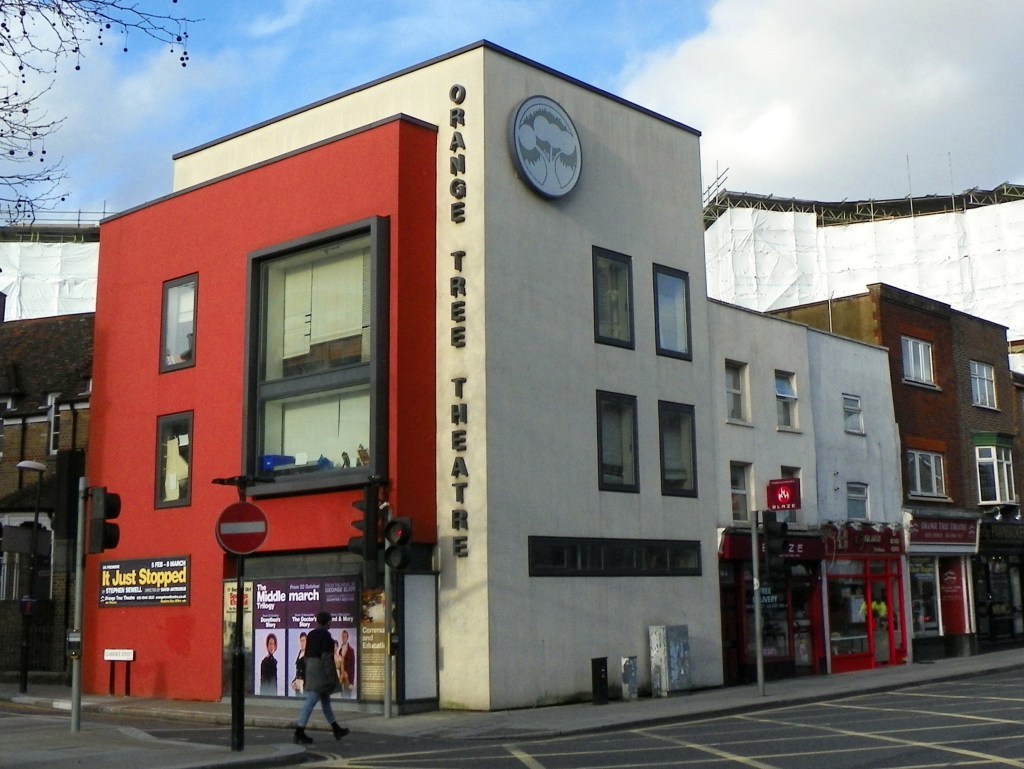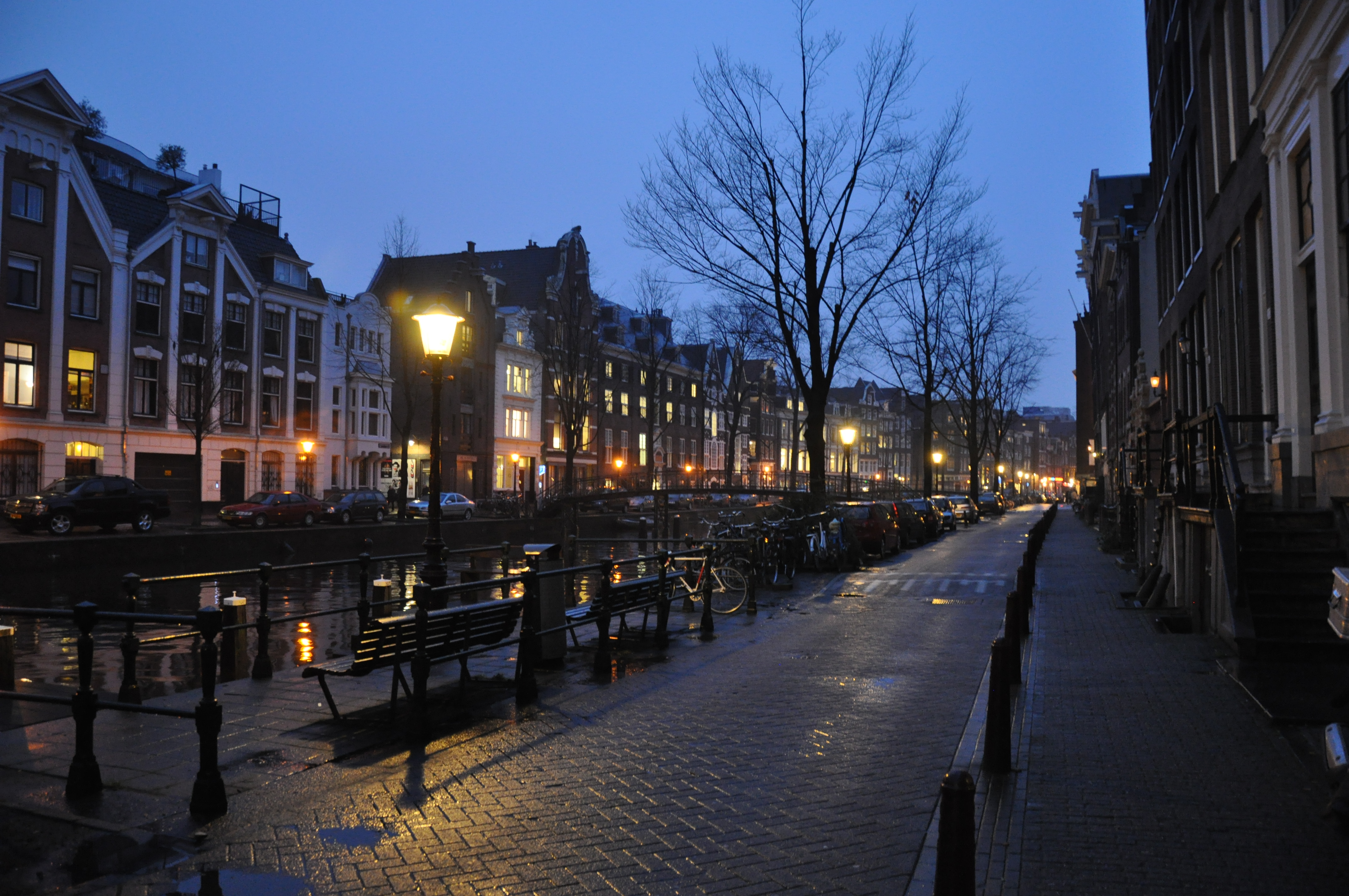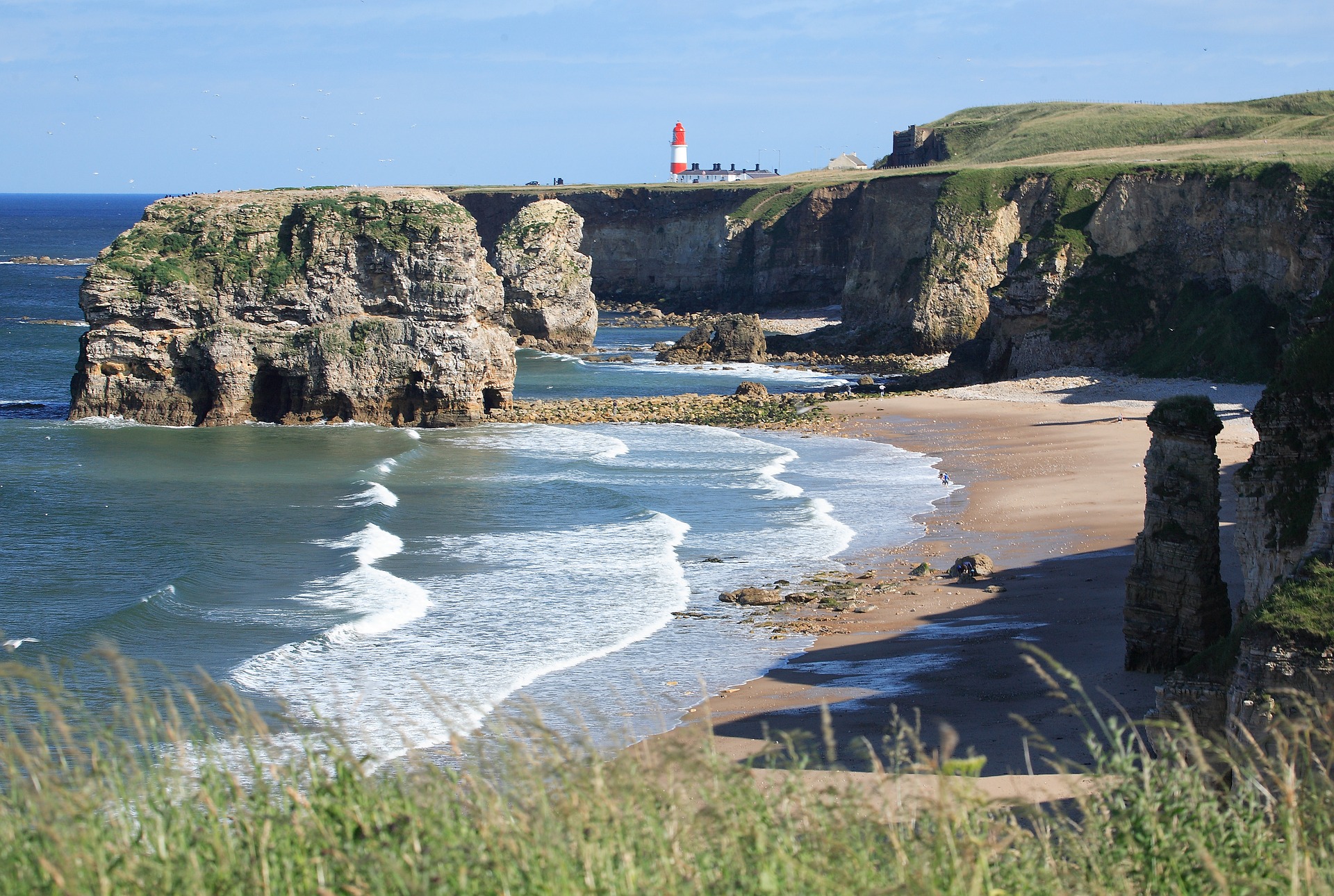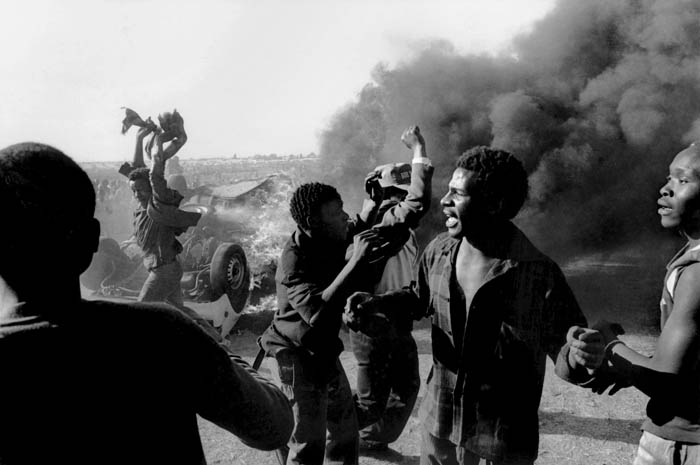
January 2021 to April 2021
The novelty of digital entertainment by now very much worn off but, fortunately, there were plenty of other worthwhile distractions (the return of birdwatching after four decades perhaps the most surprising) for the Tourist to mask the lack of live cultural stimulation. (And travel, which absence, I am ashamed to say, loomed larger than it should have done).
I can see from my list of film and TV watching, (yes I keep lists of that, so what, it doesn’t make me sad), that, even with the shameful stuff which I choose not to record , my viewing habits were rapidly deteriorating. From art cinema, via Netflix box-sets, to My Kitchen Rules. Clearly, in order to maintain my customary high level of cultural snobbery, effort was required and, no doubt, these were the hard yards of lockdown.
BTW I am acutely aware that these catch up lists are veering ever closer to those humblebrag “family year in review” missives your get at Christmas from “friends” you never liked in the first place. For which I am truly sorry.
January 2021.
As it happens we kicked off the year with a family outing to Christmas at Kew Gardens. Now the Tourist has a very soft spot for light displays, especially at Christmas. This is in sharp contrast to his Scroogerian approach to the rest of the festive season. Anyway this fetish has meant that the SO, BD and LD have been dragged along, much against their collective will, to some shockingly bad would be son et lumieres. (It has just occurred to me that MS has, stealthily, managed to avoid these outings). As it turned out this one actually hit the mark though maybe this said more about our lockdown ennui than the displays themselves. Don’t tell the family but I’ve already booked for this year.
A couple of “live” theatre streams. One a revisit. ITA’s Kings of War which remains a top 10 bucket list watch for all of you (along with their Roman Tragedies). Obvs not as thrilling on a screen as in a theatre but I didn’t miss a moment of the 4+ hours, though, wisely, they offered a break for me tea. Ivo van Hove adapts a translation from Rob Klinkenberg of Shakespeare’s history plays, Henry V, Henry VI Parts 1, 2 and 3 and Richard III, focussing on the successive kings as leaders amid the politics that informed their decisions. That doesn’t mean he jettisons the human dramas for the big picture stuff, you will recognise the plays and in some ways the human foibles are made more acute, but it does mean a skewering of detail and a different take on language, translating the Dutch back into English sub-titles, so stripping back verse and prose to the essential. Jack Cade, most of the hoi polloi gone and the women reduced largely to necessary accessories (though this in itself is illuminating). Battle scenes replaced with a crashing score. Other key scenes given a contemporary twist and repeated visual signifiers given centre stage. The corridors of power delivered in a sterile office aesthetic. The technological trickery of video, live and pre recorded. Voice-overs, sheep, trumpet fanfares, war poetry. And Hans Kesting. bursting out of his too small suit, quite simply the best Richard III ever. History plays as Netflix Nordic thriller. Which trust me, in this vase, is a marvellous thing.
Quite a contrast with Mischief Theatre’s Mischief Movie Night in which our favourite comedy theatre troupe take a genre, location and title from the (premium paying) on line audience and improvise a film from there. Like most of Mischief’s works the spontaneity is, of course, well tempered with meticulous planning, and MC Jonathan Sayer has to push, shove and stall in certain directions, but there are some genuinely funny improvised moments (even for Sayer himself) amid the water treading. It has been interesting to watch Mischief, on stage and screen, keep trying to expand the boundaries of their craft, and monetisation, of their concept. That they can continue do this is down to genuine skill from the core troupe. I confess there are times when it can get a little repetitive but just as the ideas start to pall, even annoy, along comes another laugh out loud moment or idea. Mind you, it isn’t always that memorable. Witness I can’t actually remember what film they created the night the family tuned in. Oops.
What else? A couple of European theatre recordings that were interesting but at the outer limit of the Tourist’s tolerance and lost not a little in translation: Deutsches Theater’s Maria Stuart directed by Anne Lenk and Theatre of Nations The Idiot based on the Dostoevsky classic. Closer to home, revisits of Lucy Kirkwood’s “science” play Mosquitoes and Hytner’s NT Othello with the most excellent Messrs Lester and Kinnear as well as the 2013 Young Vic A Doll’s House (though Hettie Morahan was a bit too strung out for my taste). Not so bowled over by the NT’s cash cow War Horse (see what I did there), which I finally clocked. Though not because of its obvious quality, just because this clearly needs to be seen in a theatre and not beamed through a little laptop with a buggered screen. (It would be so helpful if NT at Home could solve the daft technology gap when it comes to Samsung tellies).
February 2021.
I won’t bore with waxing rhapsodic about the live stream of ITA’s Roman Tragedies. You can find my “review’ of the real deal at the Barbican elsewhere on these pages. Like Kings of War this is 6 hours of your life which you will want to get back. that’s why I watched it all over again. Very interesting to see the back stage camaraderie at the end of the adrenaline marathon, a clear demonstration of why this theatre company is the best in the world.
Another online theatre offer from The Original Theatre Company, The Haunting of Alice Bowles, adapted by Philip Franks from MR James’s The Experiment. Great cast led by Tamzin Outhwaite, Max Bowden and Stephen Boxer, a bright updating and some smart technicals but not quite as chilling as hoped. But then ghost stories when taken off the page rarely are, though the SO, who loves this sort of thing, lives in hope.
More successful was the Almeida’s Theatre’s Hymn, and not just because of the writing of the multi-talented Lolita Chakrabarti. I get the impression that she, and hubby, Adrian Lester, pretty much do what they like when it comes to acting. Because they can. When they work together, as here, and as in Red Velvet, well, you just know it’s going to be good. Though the secret sauce here came from Danny Sapani who played Benny to AL’s Gil. Ostensibly it’s a simple story of two black friends and their connection, simply staged and directed (by Blanche McIntyre). In other hands it could veer into cliche, Gil is a professional, comfortably off, Benny less so, but precisely by avoiding the soapbox and concentrating on their emotional connection, happy as well as said, they sing and dance would you believe, it draws you in and, by the end, wrings you out. That is down to the brilliance of the leads, you don’t even notice the distancing requirement, but also the naturalness of the writing. it is my belief that Ms C still has something even better up her sleeve.
And then there was the Sonia Friedman Uncle Vanya filmed at the Harold Pinter Theatre. I was too late into the run so missed out on the live take but this was a more than satisfactory replacement. Obviously Conor McPherson was just the man for the job when it came to another updated adaptation of Chekhov’s, IMHO, best play, and Toby Jones was bound to be a perfect Vanya. And directed by Ian Rickson, the master of letting classic texts breathe ,(I offer you Paradise, Romersholm, The Goat or Who Is Sylvia, The Birthday Party, Translations), whilst still offering contemporary connection. Here augmented for screen by Ross MacGibbon who gradually moves the cameras closer to the “action” as the emotional intensity screws up whilst always remembering we are in a theatre. With Rae Smith serving up a stunning set of decrepitude. The real win though came in the rest of the cast, Roger Allam’s pernickety hypochondriac Alexandre (replacing Ciaran Hinds from the stage version), Richard Armitage’s idealistic Astrov, Rosalind Eleazar’s languid Yelena, Aimee Lou Wood’s cheerful, in the circumstances, Sonya. Tragi-comedy I hear you say. Right here sir I say. Or rather on I Player until the end of the year.
The Young Vic Yerma with Billie Piper giving her all and more, the NT Antigone, more memorable for Christopher Eccleston’s Creon and Soutra Gilmour’s design than Jodie Whittaker’s Antigone, Russell T Davies’s whizz bang Midsummer Night’s Dream and a bonkers Nora: Christmas at the Helmers, Ibsen update from Katona Jozsef Szinhaz Theatre in Budapest.
But the best filmed theatre came courtesy of the (in)famous Peter Hall version of Aeschylus’s Oresteia from 1981, performed at the NT and then filmed for TV early on in Channel 4’s life. (Interesting to see what our “ostrich anus eating for money” Culture Secretary would make of that were it to be repeated). You can cobble together the three parts, Agamemnon, The Libation Bearers and Eumenides, thanks to some nice people at YouTube. Brace yourself for masks courtesy of Jocelyn Herbert, a stupendous, propulsive score from Harrison Birtwistle, a verse translation from Tony Harrison that mixes modern idioms with invented expression and some top drawer performances from the all male cast notably Pip Donagy’s Clytemnestra, Roger Gartland’s Electra and, especially, Greg Hicks’s Orestes. Not far behind as part of my Greek tragedy homework was Pier Paolo Pasolini’s quixotic Oedipus Rex.
March 2021.
Another offering from the team that brought us What a Carve Up! (see my prior catching up post). Though this The Picture of Dorian Gray wasn’t quite up to the standards set by that predecessor. The idea of updating everyone’s favourite fictional narcissist as a modern day influencer, replete with Instagram and dating apps, makes eminent sense and Fionn Whitehead as Dorian leaps at the chance to boost his likes and, literally, preserve his profile. However, despite contributions from the likes of Joanna Lumley, Emma McDonald, Alfred Enoch, Russell Tovey and Stephen Fry. Henry Filloux-Bennett’s adaptation never quite broke free of its central conceit (see what I did there) to properly explore Wilde’s morality tale.
Another enjoyable family entertainment this time in the form of Les Enfant Terrible’s Sherlock Holmes: An Online Adventure. This company has a proven track record in innovative, immersive theatre, and whilst this didn’t push the boundaries genre wise, it is straight sleuthing, guided, but it was fun, and for once Dad didn’t get left behind by his smarter, savvier, kids.
The RSC’s Dream, which used cutting edge live capture and gaming technology to give us half an hour with Puck in the Athenian forest, looked marvellous but, in some ways, the Q&A, showing how it was done, was more interesting that the film itself. Always remember theatre is text, actors, audience. Spectacle can expand but not trump this. At the other end Greenwich Theatre’s The After-Dinner Joke, directed by James Hadrell, was a billy basic Zoom rendition of Caryl Churchill’s TV play which served to highlight its proselytising flaws rather than its smart one-liners. And it pains me to say it but The Orange Tree‘s first foray into the C19 digital world, Inside, three plays, Guidesky and I, When the Daffodils and Ursa Major from respectively Deborah Bruce, Joel Tan and Joe White, directed by Anna Himali Howard, was somewhat disappointing. I know all involved can do better. Actually to be fair in Guidesky and I Samantha Spiro made a lot of her character’s lashing out to mask the grief after her mother’s death, Deborah Bruce wisely aping the master of the tragicomic monologue Alan Bennett, but the other two-handers felt forced.
More success this month came from my opera viewing. Bergen National Opera‘s streamed production of La clemenza di Tito, with the Bergen Philharmonic Orchestra under the baton of Edward Gardner, was an excellent introduction to the late Mozart opera which, until now, has passed me by. Mind you Mr Gardner has a habit of persuading in any opera that I might be predisposed to. He and his Norwegian band also offered the pick of the fair few streamed concerts i too in this month with a programme of Beethoven, Ligeti, Stravinsky and Berio. Scottish Opera filmed take from last year of Cosi fan tutte, a sort of reality TV take, didn’t quite convince but that is as much to do with the libretto/plot as the production. I am still waiting for that killer Cosi. On the other hand it was a joy to revisit Netia Jones’s exquisite Curlew River from 2013. Can’t match being there but well worth tracking down.
April 2021.
I am sorry to say that Outside, the second trilogy of streamed plays from the Orange Tree Theatre, didn’t really improve on the first, and not just because of a technical problem on the evening I tuned in. If I were a betting man, (which I resolutely am not, low risk, compounded returns being more my thing), I would say that Two Billion Beats, Prodigal and The Kiss by, respectively, Sonali Bhattacharyya, Kalungi Ssebandeke and Zoe Cooper and directed by Georgia Green, maybe lacked the two secret ingredients of great theatre, collaboration and time. More of both and all three plays could be turned into something tighter and more convincing to build on strong performances and the kernel of ideas they already have.
Witness Harm, Phoebe Eclair-Powell’s Bruntwood Prize winning play from the Bush Theatre directed by Atri Banerjee and with Leanne Best as the Woman in the version shown on BBC (Kelly Gough in the theatre version). She is an estate agent who sells a house to influencer Alice, whose friendship turns into obsession. A black comedy that presses all the right buttons could have been crashingly predictable in the wrong hands but not here. And I bet (looks like I am turning into a gambler) Ms Eclair-Powell went through careful iteration before polishing this jewel as well as benefitting from the insight of others along the way.
Sorry getting distracted again. Sadie, by David Ireland, which is still available on BBC I Player in contrast to Harm, was a casualty of lockdown never making its premiere at the Lyric Belfast, but instead filmed for the BBC Lights Up festival. The title character, played by Abigail McGibbon, has a fling with a Portuguese cleaner half her age. He seeks therapy, Sadie’s head is invaded by relatives from the past. This “triggers” an excursion into classic David Ireland absurdist black comedy, with the unresolved sectarianism of The Troubles as the backdrop, and, like Everything Between Us, Cyprus Avenue and The Ulster American, it is compelling, funny and unsettling in equal measure. BTW the BBC, for the same price as Netflix, keeps on churning out reams of unmatchable culture, drama, comedy and documentary. Netflix in contrast, mostly derivative shit. Christ I wish there was a way that the BBC and all the nepotistic elite that work for it (I am being sarcastic here) could find a way to shift its ecosystem to a financial model which allowed them to tell the Clown and his pathetic “culture war” acolytes to f*ck right off.
Talking of subscription models you would be a fool not to sign up for NT at Home. I confess I have not made as much use of this as I should have done since signing up but that is only because I have already seen most of the plays now showing. However, the Phedre from 2009, directed by Nick Hytner and using a Ted Hughes translation which hypes up Racine’s Alexandrian verse into something even more direct, was a welcome addition to the Tourist’s canon, neo-classical French drama still being a massive hole. Helen Mirren as lady P, Stanley Townsend as near-cuckolded Theseus, Dominic Cooper as hunky Hippolytus and John Shrapnel as sly Theramene all take a munch out of the bright Greek island scenery but that I guess is the play.
Rufus Norris was the directorial hand behind David Hare’s stage adaptation of Katherine Boo’s lively essay of life in a Mumbai slum in the shadow of the international airport, Behind the Beautiful Forevers. Another inexplicable omission for the Tourist when it appeared in 2014 in the Lyttleton. It looks tremendous, the cast, eventually, inhabit their diverse characters, and the focus on one story, young Abdul’s determination to maintain his dignity and honesty, pays dividends.
Some tip-top theatre then but the best viewing of the month came from NTGent and Milo Rau’s The New Gospel. Now the astute observer will know that this is actually a film, despite its appearance as a paid for stream on the website of one of these avant-garde European theatre companies that the Tourist is so in love with. Typical remainer, “everything’s better in Europe”. Forgive me though as I didn’t know this when I booked it. Swiss director Milo Rau, to whom the Tourist, twenty years ago, bore a passing resemblance, is a cultural polymath who likes to cause a stir politically with his work. Top bloke. He has big plans for an activist NT Gent where he is now AD, which I will need to purview based on The New Gospel. Like Pasolini before him, M. Rau takes a dramatisation of Christ’s crucifixion, but his Christ is black, Yvan Sagnet, a Cameroonian activist who has taken on, and beaten, Italian gang-masters in real life. His followers are fellow migrant workers. The New Testament scenes are interspersed with documentary action as well as auditions and rehearsals. Matera in Basilicata is the setting, as it was for Pasolini’s The Gospel According to St Matthew, when it was a symbol of barely credible poverty in Italy’s South. Matera’s now chi-chi luxury (we know, we’ve stayed there) is here contrasted within the nearby migrant camps. And, brace yourself fans of the meta, Enrique Irazoqui, Pasolini’s amateur acting Christ, is cast as John the Baptist, Maia Morgenstern, Romania’s acting queen, pays Mary, as she did in Mel Gibson’s execrable Passion of Christ, (which was also filmed in Matera), and the brilliant Marcello Fonte, the maker of the wonderful film Dogman, is Pontius Pilate. Cinematographer Thomas Eirich-Schneider’s background is in documentary but his set-pieces are also stunning.









